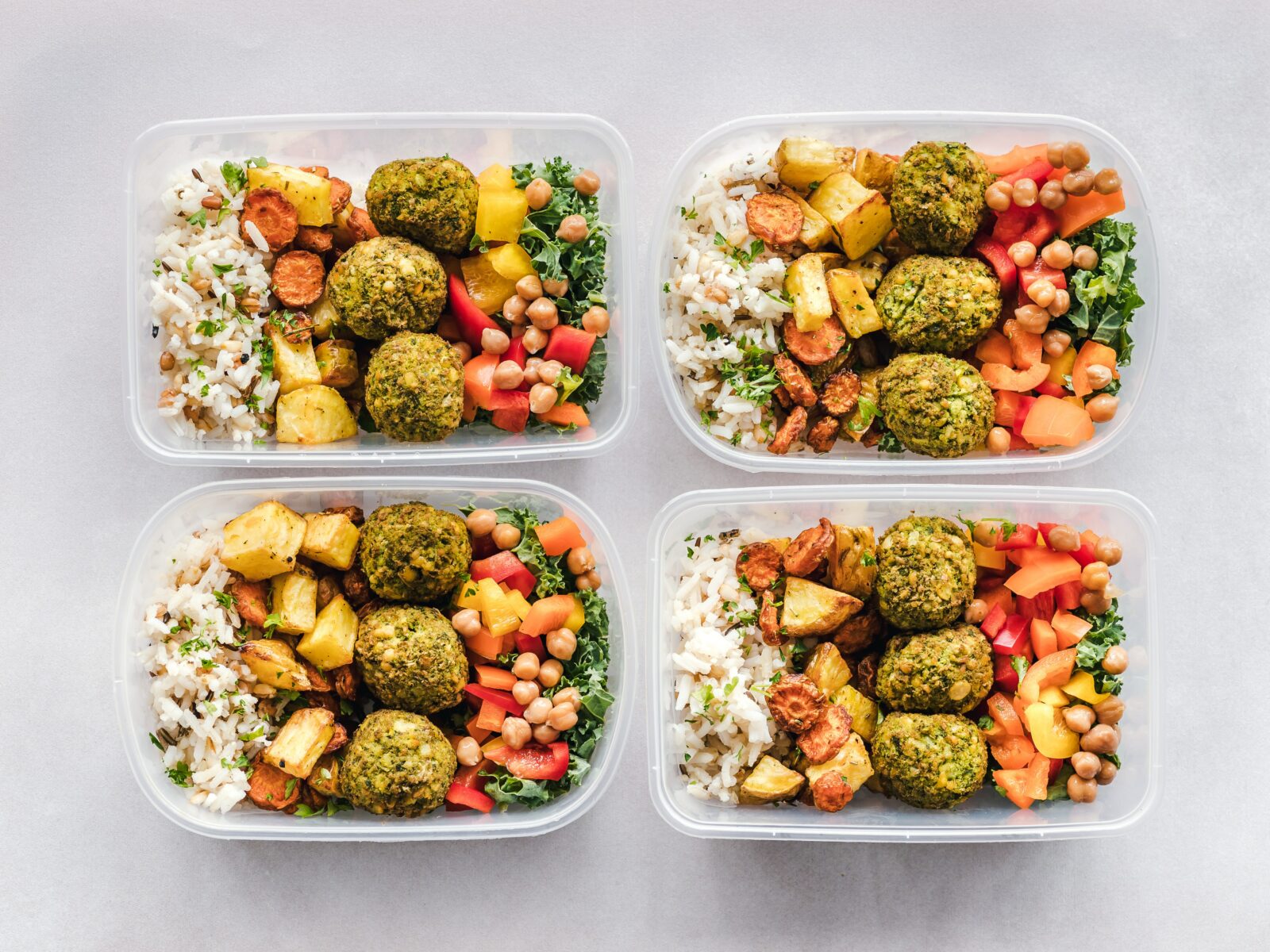
Irritable Bowel Syndrome (IBS) impacts millions of Americans every year with symptoms including intestinal cramping, bloating, gas, constipation, and/or diarrhea. It affects women twice as often as men. The symptoms can be so urgent that many who suffer from IBS find it restricts their social and work lives.
IBS symptoms
Around 50% of all women experience regular digestive issues. IBS has become so common that it accounts for around 30% of all referrals to a gastroenterologist. Prior to being recognized as a legitimate condition, women were frequently told the cause was psychological. Now we know that people with IBS have greater sensitivity in the muscle and nerve fibers in their intestines than people who don’t suffer from IBS. They are more reactive to stimuli from certain foods, stress hormones, and environmental toxins. It may have a genetic factor involved.
Some people with IBS may suffer symptoms due to situations that cause stress. Others have symptoms regardless of any major emotional triggers. Most IBS sufferers report that their symptoms occur or are worse after a meal. Many women report that symptoms are worse just before the start of their periods. And IBS is associated with endometriosis.
Conventional treatments include medications like antispasmodics to relieve cramping, laxatives, antidepressants, and anti-anxiety medications. These provide symptomatic relief but do address the root causes and underlying factors that result in gut hypersensitivity or irritability.
The four underlying factors of irritable bowel syndrome (IBS)
IBS has four main root causes: diet, food intolerances, stress, and dysbiosis (a disrupted gut microbiome). Knowing this leads to solutions. In many cases, a combination of the root causes is happening. One issue might trigger another. An intolerance to dairy could lead to gas and bloating, but it can also cause inflammation that triggers dysbiosis.
Members Only Content
To continue reading please subscribe to WellnessPlus by Dr. Jess MD
Be your own best doctor with our comprehensive suite of online health coaching tools.
